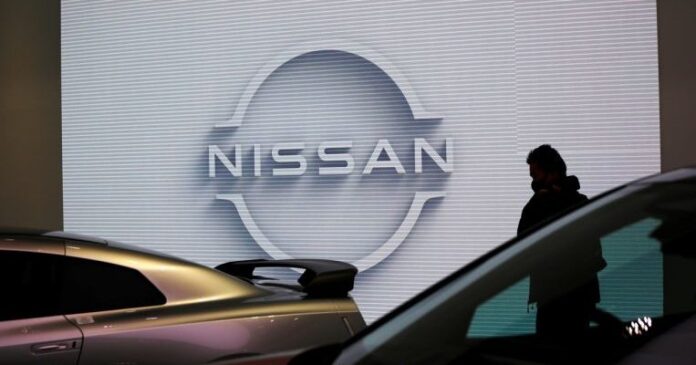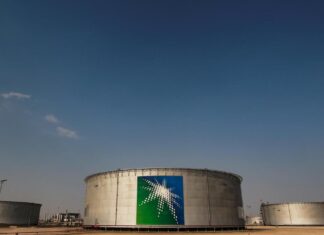Nissan announced on Thursday that it will stop accepting new orders for two Mexican-built Infiniti SUVs in the U.S. due to the 25% global car and truck tariffs imposed by President Donald Trump.
This decision significantly reduces operations at its joint venture plant in Mexico, where the Infiniti QX50 and QX55 SUVs are produced alongside Mercedes-Benz. While production will continue for other international markets, the company will no longer accept orders for the U.S. market.
This move follows Nissan’s earlier announcement in January to scale back production at its Smyrna, Tennessee, plant. The automaker confirmed it will maintain two production shifts for the Rogue SUV, reversing plans to reduce shifts this month.
Nissan has been particularly exposed to the new tariffs, as it exports more vehicles from Mexico to the U.S. than any other Japanese automaker. The company has faced ongoing challenges in the U.S. market, including an aging vehicle lineup and a lack of hybrid models.
These issues led to a series of downward revisions in its profit forecast during the past financial year, alongside a downgrade of its debt to “junk” status.
The Infiniti QX50 and QX55, which were primarily exported to the U.S., are also sold in other markets, including the Middle East and Canada. However, Nissan has not provided further details on the scale of production for these regions.
Nissan’s new CEO, Ivan Espinosa, has pledged to overhaul the company’s vehicle development process in order to address these challenges. Espinosa, a Mexican national and former planning executive, aims to accelerate the time it takes to bring new models to market.
Meanwhile, Mercedes-Benz continues to produce the GLB SUV at the same COMPAS plant in Mexico.
























